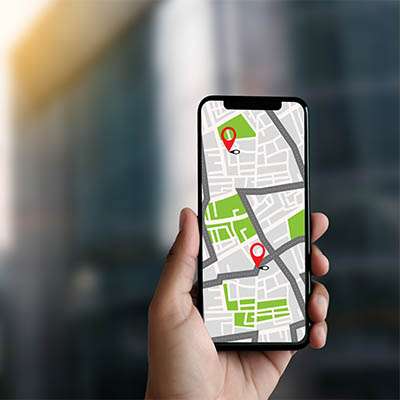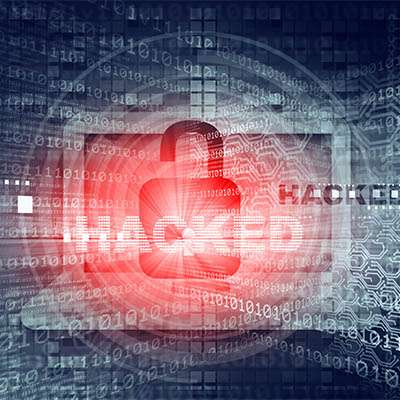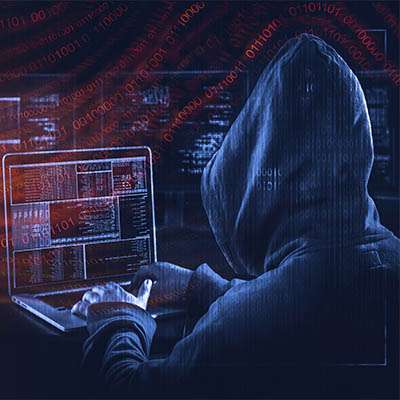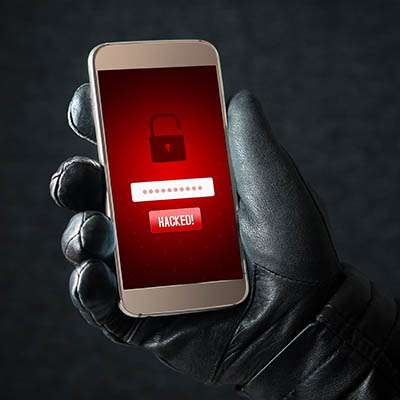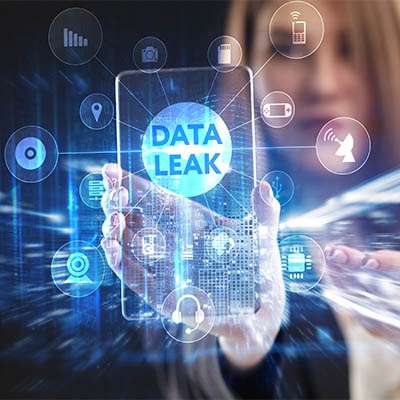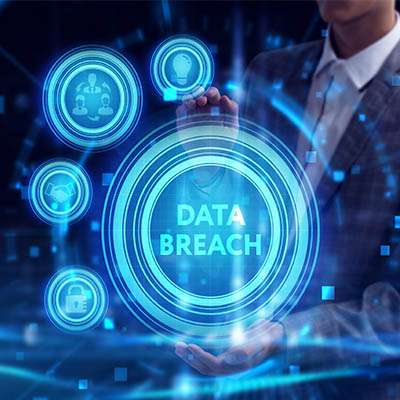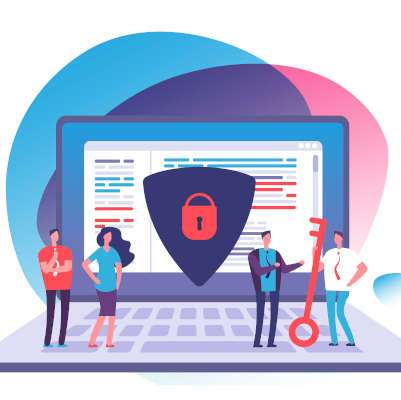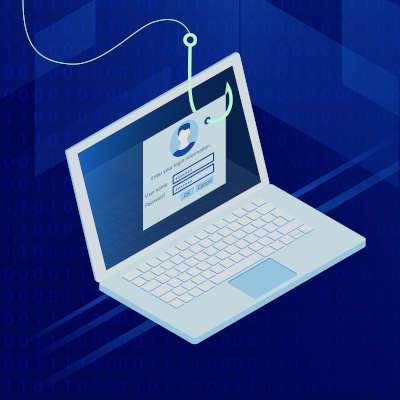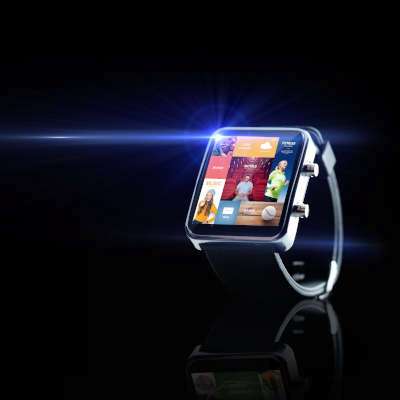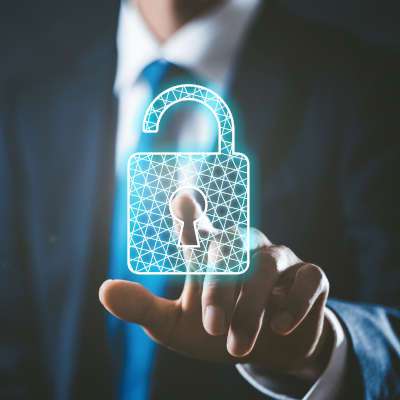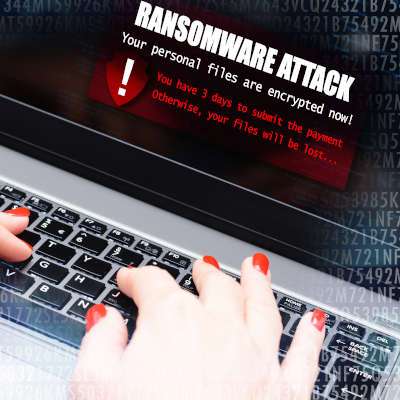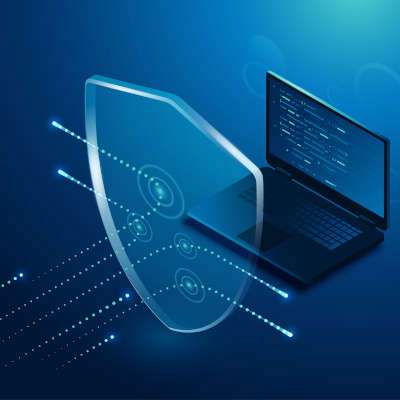Did you know that maps as we know them are remarkably skewed? Due to some centuries-old superiority complexes and prejudices, the maps we’ve all been raised looking at have never been 100% accurate. However, this problem could soon be an element of cybercrime thanks to a developing technology that many have yet to take seriously, deepfake images, and how they could revolutionize cybercrime moving forward.
Macro Systems Blog
Few things are more horrifying for a modern business to consider than the idea that they will be hacked, regardless of that their size or industry. After all, hacking can, will, and does cause significant damage across basically all aspects of your organization. This is precisely why it is so imperative that, should a business be hacked, the proper steps are taken in response.
Your organization's data is perhaps its most important resource, which is why it is so critical that it remains protected against all threats (including those that come from within your own business). Consider, for a moment, the ongoing trial of Xiaorong You, going on in Greenville, Tennessee. Accused of stealing trade secrets and committing economic espionage, You allegedly stole various BPA-free technologies from various companies—including Coca-Cola and the Eastman Chemical Company, amongst others—to the tune of $119.6 million.
We always picture hackers as these foreboding, black-clad criminals, smirking through the shadows in their dark room by their computer monitor. Hard, uncaring individuals who don’t go outside very often, staring at code as if they were able to decipher the Matrix.
It’s time we give up this persona and stop mystifying cybercriminals. Why?
It only takes a few dollars and some spare time to truly hold an individual’s data hostage.
Facebook is many people’s favorite, or at least most used, app and it does offer value by letting them keep tabs on friends and family or grow their businesses. It has grown to be one of the largest, most successful software technology companies in the world. Alas, with that type of exposure comes the responsibility of securing massive amounts of personal data. In this quest, they leave a lot to be decided. Listed below is a look at the situation Facebook is in as they are dealing with one of the largest data leaks in history.
Everyone knows that modern businesses can be defined on how they approach cybersecurity. Alas, even if your business makes a comprehensive effort to protect your network and data from data breaches, all it takes is one seemingly minor vulnerability to be exploited to make things really hard on your business. Listed below is a look at the major data breaches that have happened since the calendar turned to 2021.
It is not uncommon for people to have very different personalities in the office than they do during their off hours, with different standards and practices to suit them. While there is absolutely nothing wrong with that on the surface, you need to be sure that they are at least upholding the kind of security best practices that you expect of them in the office while they are at home.
A lot has been made about biometric authentication over the past decade, so much so that it has been loosely integrated into a lot of the access control mechanisms on most of today's mobile devices. Fingerprint scanners, retina scanners, and facial recognition are all part of the transition to biometrics to upgrade security and privacy. However, for today's businesses, implementing biometrics can have some major disadvantages. Listed below are the pros and cons of biometric authentication.
While it initially sounds promising to hear that the number of data breaches seen last year went down significantly, it is critical to understand that the number of data records leaked as a result more than doubled. One clear cause was the resurgence in the use of the underhanded malware variety known as ransomware. With this suggesting an increased threat of ransomware incoming, can you confidently say that your business’ team is ready to deal with it?
If you asked most people if they are okay with their personal information being taken and used by businesses, you’d probably get a lot of "No" responses. Ironically, it seems that people will give it right over to social media programs, but you are beginning to see some pushback when using apps. WhatsApp, the messaging app owned by Facebook, known for end-to-end encryption, has told users that they will soon be forced to share their personal data with Facebook.
The smartwatch is one of the most popular gifts given to technology lovers; and, they have quite a bit of utility. They can help enhance communication, health, and of course provide them with a sleek accessory. One issue that people don’t often consider is how their employer has to handle the influx of smartwatches and other IoT devices that are brought to work after the holidays. Below is a discussion on how Internet of Things devices could be security risks and what a business should do about it.
Since the start of the COVID 19 pandemic, it has been clear that many businesses were not prepared to continue their operations remotely. This was largely due to their leadership being convinced in recent years that permitting people to work remotely would lead to a significant reduction in production, leading them to be unprepared to shift to remote functionality. Cybercriminals have taken advantage of many companies as a result. Below we discuss what needs to be accomplished to secure endpoints from afar.
Over the past year, entrepreneurs have focused on how to do business amid the global COVID-19 pandemic. The public health crisis has been an opportunity for all kinds of cybercriminals, and the result has been an increase in losses (compared to the second-worst period on record) by over 50 percent. Below we consider the situation, and how it is, unfortunately, getting worse.
If fortune smiles on your organization, you won’t ever have to deal with what we are about to discuss: ransomware. For the past several years ransomware has been a serious problem for businesses, governments, and individuals. Listed below is a discussion about the different types of ransomware and how some people want to put a ban on ransomware payments.
Of all the controversial topics in the workplace, employee monitoring is among the most divisive. As an authority figure in your business, it is only natural that you would want to ensure that your team is working diligently, especially as they are working remotely. However, there are some lines that cannot be crossed you should be aware of. The concept of monitoring your employees and what cannot be done is discussed below.
A modern business’ network security needs to be amongst its top priorities if it is to have any chance of operating without undue risk of data breaches and other problems. Admittedly, managing this sounds like a Herculean task, but a few relatively easy implementations can help give your security a significant advantage as you lock down your business’ future. Listed below is a review of four key components for successful Network Security.
Having success in business usually relies on building trustworthy relationships. You have to trust your vendors and suppliers to get you the resources you require, you need to trust your staff to complete their tasks without putting your business in harm's way, and you need to trust your customers to purchase the products and services that you offer. Running counter to these necessary bonds of trust are people actively soliciting people’s time, energy, money, and attention for their own selfish purposes.

